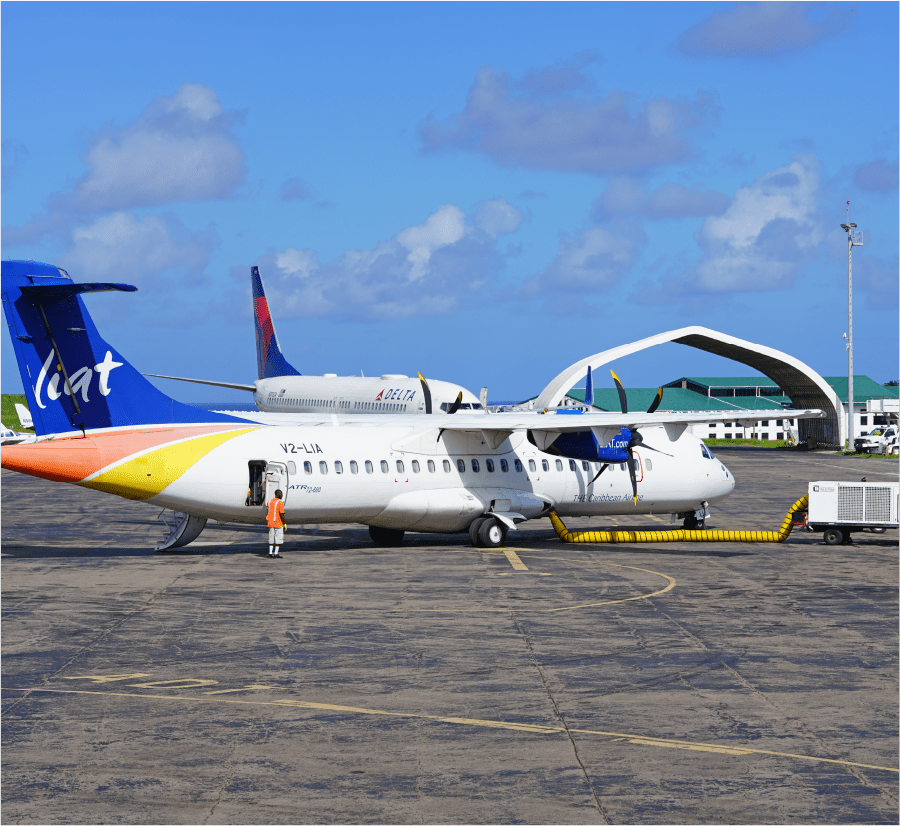Welcome to St. Kitts and Nevis – A Jewel of the Caribbean
From its lush rainforests to pristine beaches, St. Kitts and Nevis is a nation defined by natural beauty, rich heritage, and a forward-looking economy. Explore the Federation’s vibrant culture, strategic advantages, and world-class investment opportunities.
About St. Kitts and Nevis
St. Kitts and Nevis, officially the Federation of Saint Christopher and Nevis, is a dual-island nation in the northeastern Caribbean renowned for its pristine beaches, lush rainforests, and historic charm. As the smallest country in the Western Hemisphere by land and population, it offers a unique blend of natural beauty, vibrant cultural heritage, and economic resilience. With its strategic location, modern infrastructure, and commitment to sustainable development, the Federation seamlessly integrates its rich history with a forward-looking vision, making it a premier destination for tourism, investment, and global connectivity.
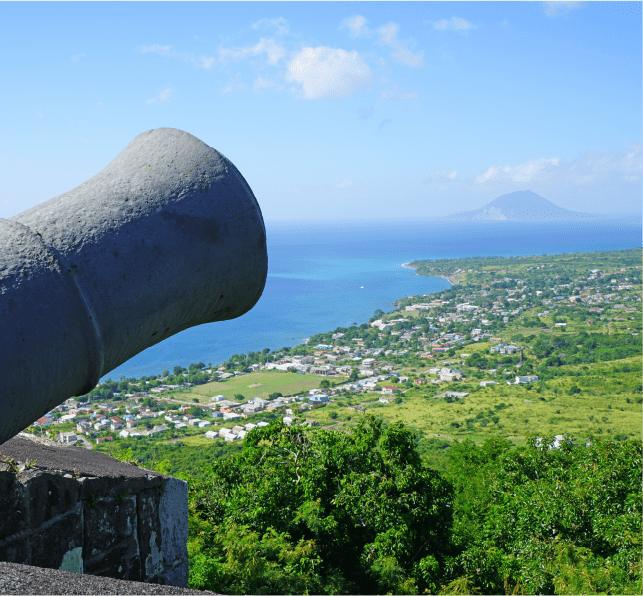
A legacy of resilience and leadership
St. Kitts and Nevis has a storied past, from its colonial roots to becoming an independent nation in 1983. Known as the birthplace of the Citizenship by Investment industry, the Federation has driven innovation and growth for four decades, making it the longest standing Citizenship Programme. Its strong governance and commitment to transparency make it a beacon of trust for investors globally.
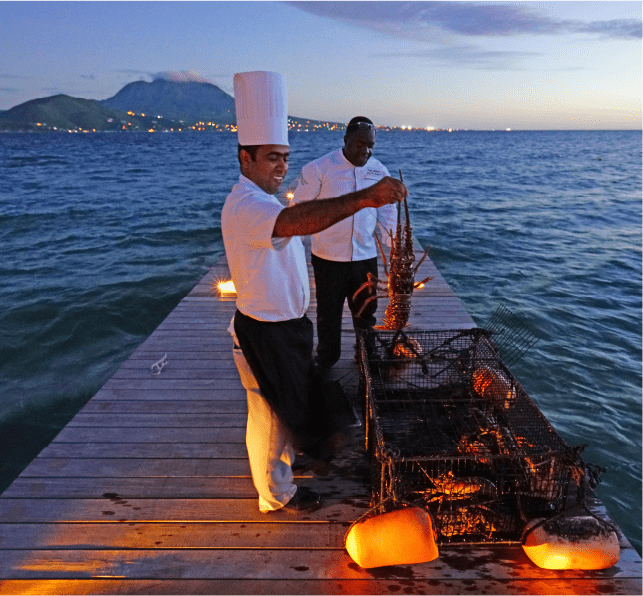
A celebration of Caribbean diversity
St. Kitts and Nevis boasts a unique cultural blend influenced by African, British, and Caribbean traditions. The islands are renowned for their vibrant festivals, such as the St. Kitts Music Festival and Nevis Culturama, showcasing the nation’s rich history, lively music, and community spirit. Visitors and residents alike enjoy traditional cuisine, storytelling, and an array of cultural celebrations that highlight the Federation’s identity.
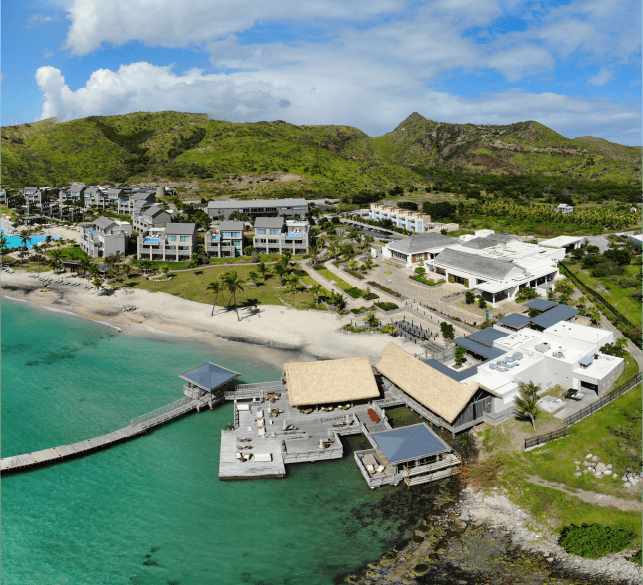
A thriving economy with strategic industries
The economy of St. Kitts and Nevis thrives on key industries such as tourism, agriculture, financial services, and real estate. The Federation is a leader in luxury tourism and eco-tourism, drawing visitors to its pristine beaches and lush rainforests. Additionally, the Government’s commitment to renewable energy and sustainable practices positions St. Kitts and Nevis as a forward-thinking hub for global investment.
Where is St. Kitts and Nevis Located?
Located in the heart of the Caribbean, the islands of St. Kitts and Nevis are positioned between the Atlantic Ocean and the Caribbean Sea. This prime location connects the twin-island Federation to major global markets, enhancing trade, tourism, and investment opportunities.
At the crossroads of the Caribbean
The twin-island Federation comprises two main islands: St. Kitts, the larger island, and Nevis, separated by a narrow channel called “The Narrows.” With its tropical climate and stunning landscapes, the location offers year-round appeal for tourists and investors alike.
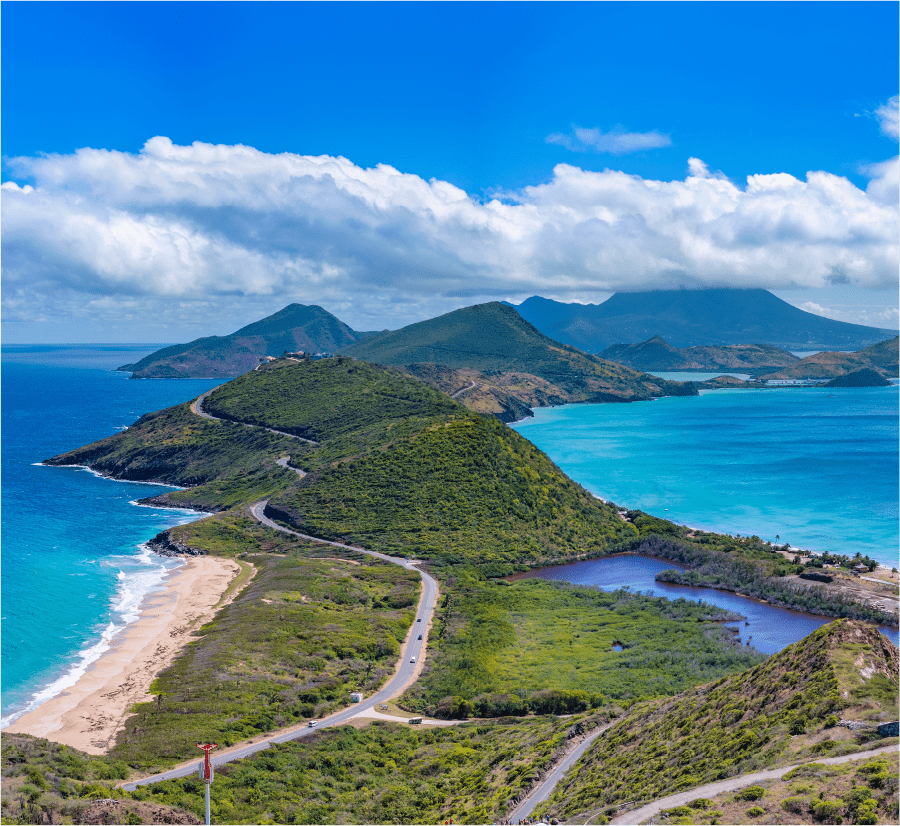
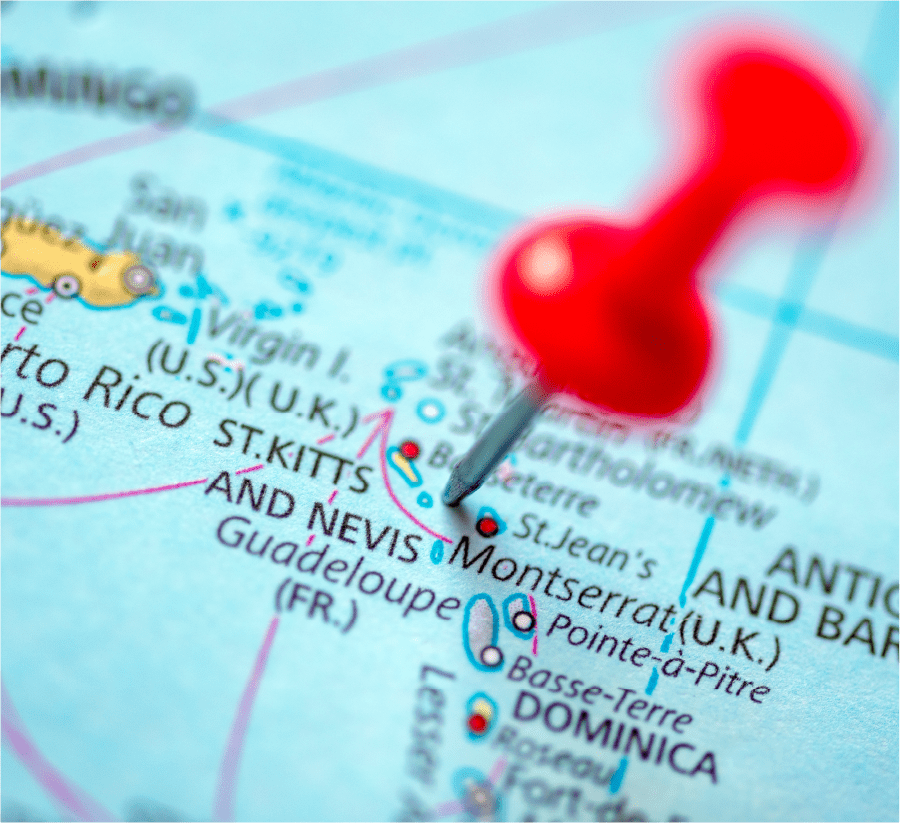
Central to global opportunities
The islands are located at 17.3431° N latitude and 62.7559° W longitude, approximately 1,300 miles southeast of Miami, USA. This strategic position provides seamless access to North America, Europe, and the Caribbean.
Well-connected and convenient
St. Kitts is home to the Robert L. Bradshaw International Airport, while Nevis features the Vance W. Amory International Airport. Major airlines offer direct flights from North America, Europe, and other global hubs, ensuring ease of travel for international visitors.
Did you know that you can gain citizenship of our vibrant nation via investment?
